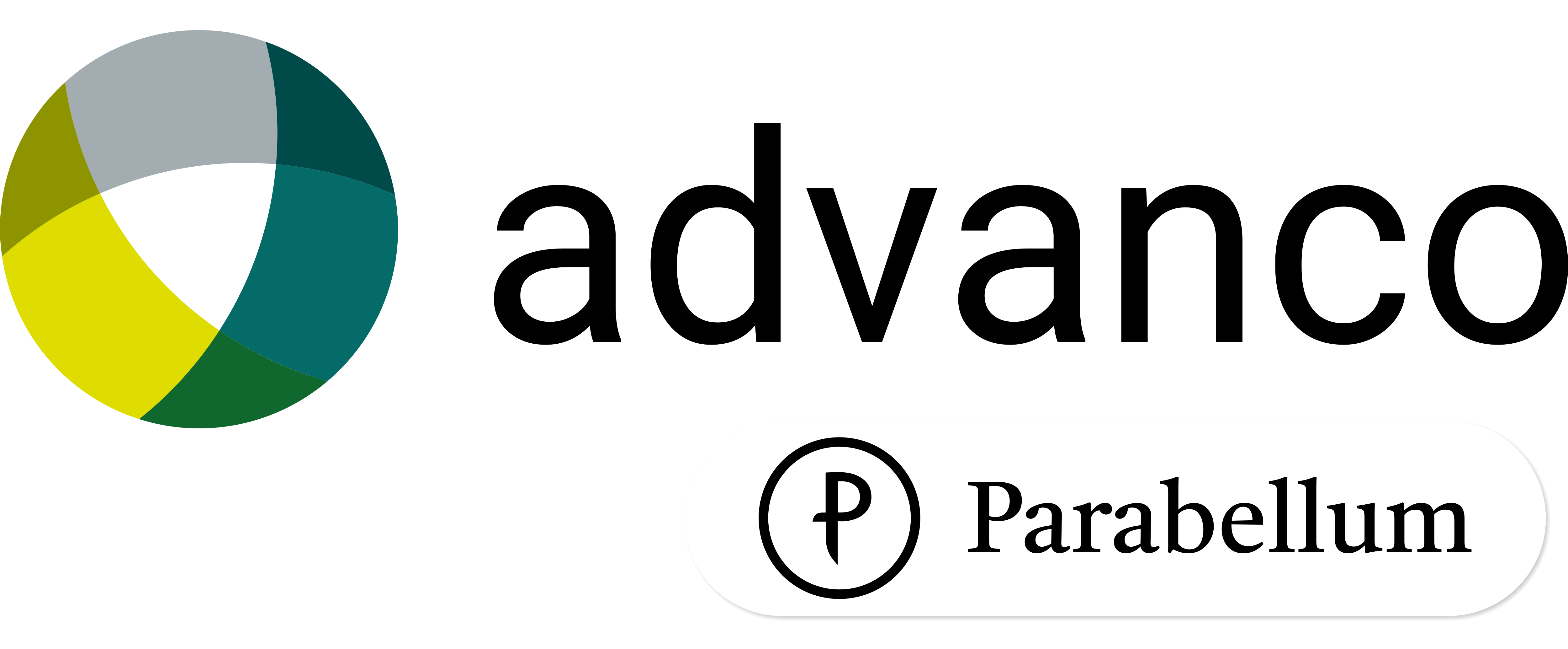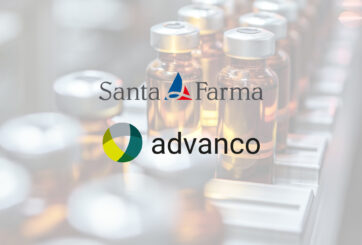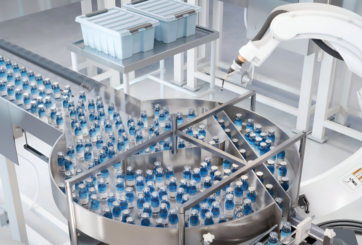Boosting Safety and Efficiency in Life Sciences with Regulated Track and Trace Technology
Through constant innovation to produce the essential medicines that millions of people rely upon every single day of their lives, the life sciences sector is one of the main drivers of global health standards.

However, to deploy the vast capital needed to finance such innovation, which derives from vast research and development programmes, it is essential for firms to operate as efficiently as possible. Wasting money through over-production, reliance on antiquated operating systems and tying staff up doing mundane, routine tasks wastes valuable capital which could be deployed on researching the drugs of tomorrow.
However, an increasing number of firms operating across the life sciences sector are realizing that, by harnessing the opportunities presented from the latest regulated track and trace technology, they have a golden opportunity to shake off the issues that might be damaging their day-to-day operations. By doing so, they stand a much better chance of achieving high operational efficiency standards.
The results speak for themselves. As a result of increasing mandatory serialization regulations across the world, and because firms are understanding the efficiency savings that track and trace solutions can bring to their operations, the global market is set to increase significantly. It is estimated to reach an expected value of USD 14.3 Billion by 2030, growing at a CAGR of 19.30% during the forecast period (2022–2030) according to forecasts by Straits Research.
Let us examine why track and trace technology is increasingly becoming a vital component for companies looking to benefit from streamlined operations.
Life sciences safety and efficiency powered by Industry 4.0.
Life sciences firms are on a constant quest to streamline their operations and increase safety and efficiency standards.
Ongoing economic pressures, the effects of global conflicts, pressures on supply chains and issues attracting the necessary talent are all combining to bite firms hard. Such pressures have left them taking another look at how they can work even more efficiently.
Crucially for them, they are now operating within the Industry 4.0. era, which is opening a whole new world of efficiency options. Industry 4.0. is presenting the perfect opportunity to completely overhaul those older, often antiquated systems which often prevent businesses from performing at their optimum output level.
As an example, Industry 4.0. is already revolutionizing the way the life sciences sector works. Robotics are becoming much more affordable and available to organizations of every size. From picking products at a warehouse to getting them ready to ship, autonomous robots can quickly and safely support manufacturers.
Furthermore, a combination of cyber-physical systems, the Internet of Things and the Internet of Systems are already allowing the smart factory to become a reality. As a result of the support of smart machines that keep getting smarter as they get access to more data, the global life sciences sector is already becoming more efficient and less wasteful.
This is where a watertight, regulated track and trace system is already shining by linking together the essential components that modern life sciences businesses need to thrive. These include operational shop floor efficiency, greater warehouse automation, generating more data which will further optimize the supply chain, and creating customer engagement through product identification.
An efficient company is much more likely to have the spare capital needed for research and development. Advanco is committed to providing every opportunity possible to maximise this efficiency through our regulated track and trace solutions.
Regulatory standards.
One of the main elements to controlling the number of forged drugs in the world is regulation – which is now becoming the norm for governments right across the world.
Forgeries remain a major issue. The latest available figures from the Pharmaceutical Security Institute are concerning. They show that the number of counterfeit medicines is on the rise. They reveal that nearly 6,000 pharmaceutical crime incidents were recorded in 2021, up 38 percent from the year before and are at the highest amount since records began 20 years ago.
The greatest number was recorded in North America (2,442) followed by the Asia Pacific (1,747), Latin America (770), the Near East (705), Eurasia (646), Europe (374) and Africa (187). This order is largely due to how well countries in these regions are effectively identifying pharmaceutical crime through law enforcement activity and inspections by drug regulatory agencies.
More countries are realizing the importance of regulating their pharmaceutical production process, and much like a snowball effect, momentum is gathering. With the EU Falsified Medicines Directive (FMD) coming into effect in February 2019 and the US introducing legislation in November 2017, as part of the Drug Supply Chain Security Act (DSCSA), it’s expected that more than 75% of global medicines were covered by some form of track and trace regulations by 2019.
The growth of track and trace continues. For example, traceability legislation has recently been mandated in the Middle East and North Africa (MENA) to combat the growing problem of counterfeit medicines. If MENA’s pharmaceutical companies fail to achieve compliance, they face being fined, or even getting barred from product launches which could potentially lead to significant business and financial implications.
Life sciences safety is crucial – not only for the reputation of the sector itself, but also the entire globe. Regulated track and trace is now firmly established as a way of enhancing these critical safety standards.
Contact advanco to learn more.
Advanco proudly focuses on product identification for regulated track and trace, using software solutions for the serialization of products in the entire manufacturing process, from production to packaging and loading.
Indeed, we are determined to enhance life sciences safety standards, resulting in the protection of consumers and the wider industry from forged medicines.
Contact us to find out how we could support you.



